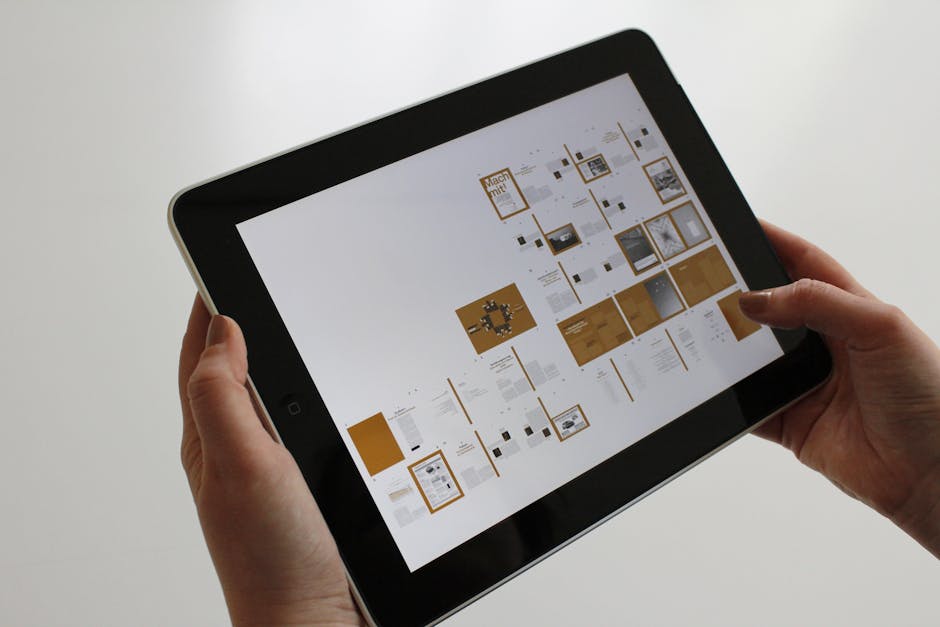The internet has transformed the way we consume and share information, giving rise to a vast and ever-evolving landscape of internet media. From social networking platforms to streaming services, online media has become an integral part of our daily lives, shaping the way we connect with the world around us.
One of the most significant impacts of internet media has been the democratization of information. In the past, access to information was largely controlled by traditional media outlets, such as newspapers, television, and radio. The internet has broken down these barriers, allowing individuals and organizations to share their perspectives and reach a global audience.
Social media platforms, such as Facebook, Twitter, and Instagram, have played a pivotal role in this democratization, enabling users to connect with others, share news and opinions, and build communities around shared interests. These platforms have also given rise to citizen journalism, allowing individuals to document and report on events in real-time, often providing alternative perspectives to traditional media coverage.
Another major impact of internet media has been the rise of streaming services. Platforms such as Netflix, Hulu, and Disney+ have disrupted the traditional television industry by offering a vast library of content that can be accessed on-demand from any device with an internet connection. This has led to a shift in viewing habits, with consumers increasingly choosing to stream their favorite shows and movies online rather than relying on scheduled broadcasts.
Internet media has also transformed the way we consume music. Streaming services such as Spotify and Apple Music have replaced physical media and illegal downloading as the primary means of music consumption. These services offer access to a vast catalog of songs from around the world, allowing users to discover new artists and create personalized playlists.
In addition to its impact on information and entertainment, internet media has also played a significant role in e-commerce and business communication. Online marketplaces such as Amazon and eBay have revolutionized the way we shop, making it easier than ever to find and purchase products from anywhere in the world. Similarly, video conferencing platforms such as Zoom and Microsoft Teams have transformed business communication, enabling remote teams to collaborate and connect as if they were in the same room.
However, the rise of internet media has also brought with it certain challenges. Concerns about fake news and misinformation have led to a growing need for media literacy and critical thinking skills. Additionally, the constant availability of online content can contribute to information overload and attention deficits.
Despite these challenges, internet media has undoubtedly transformed the way we live, work, and interact with the world around us. From democratizing information to revolutionizing entertainment and business communication, internet media has become an indispensable part of our lives. As it continues to evolve, it is likely to have an even greater impact on our society in the years to come.
